D7 Visa
What It Is:
The D7 Visa, also known as the Passive Income Visa, is a residency visa designed for non-EU/EEA nationals who wish to live in Portugal and support themselves through passive income sources, such as pensions, rental income, dividends, or other financial assets. This visa is particularly popular among retirees, investors, and those who have sufficient income from passive sources to meet the visa’s financial criteria.
The D7 Visa provides a pathway to Portuguese residency and, eventually, citizenship, offering individuals the opportunity to enjoy Portugal’s high quality of life, favorable tax regime, and excellent healthcare system.
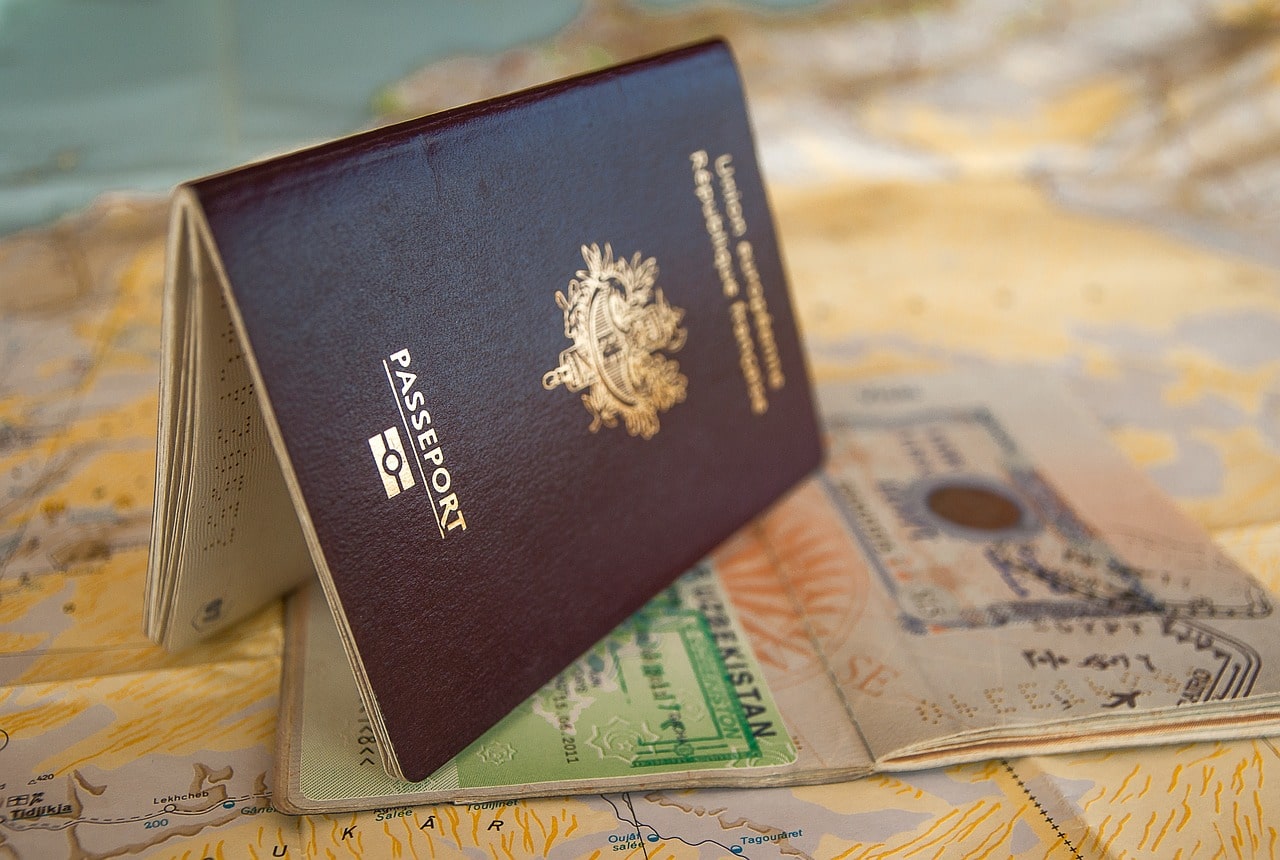
Requirements:
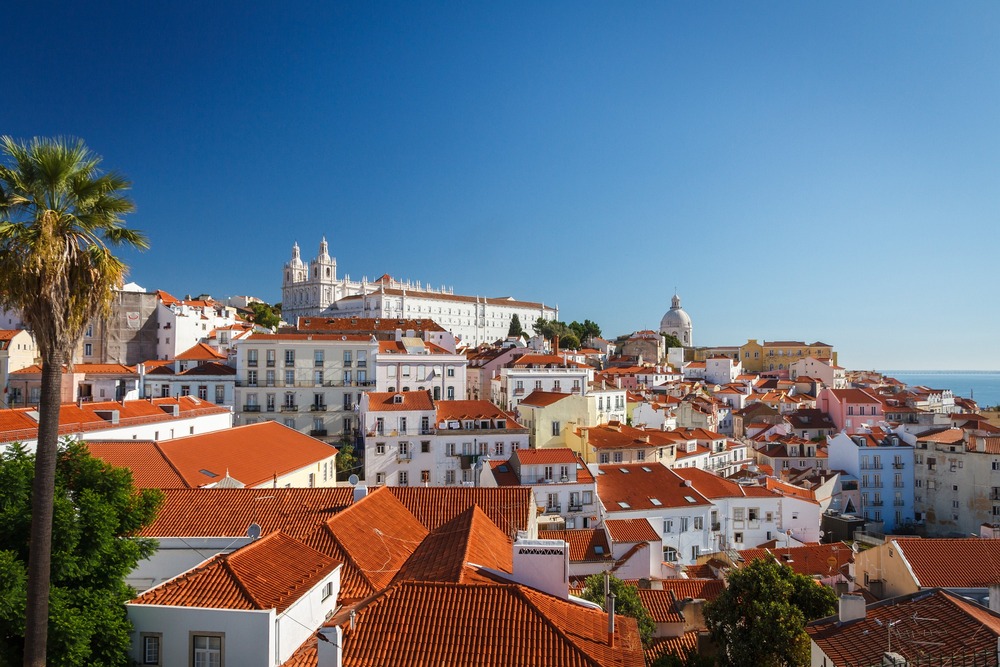
To qualify for the D7 Visa, applicants must meet several key requirements:
- Proof of Sufficient Income: Applicants must demonstrate that they have a steady and sufficient income to support themselves and any dependents without needing to work in Portugal. This can include income from pensions, rental properties, investments, dividends, or other passive sources. The income must meet or exceed a specified minimum threshold.
As of 2025, the required minimum monthly income for the main applicant is approximately € 870 (1 x the Portuguese minimum wage), with additional amounts required for each dependent.
- Proof of Accommodation: Applicants must show proof of accommodation in Portugal, such as a rental contract or property ownership. This ensures they have a place to live while in the country.
- Health Insurance: Applicants must have valid health insurance that provides coverage in Portugal. For non-EU citizens, this can be private health insurance or a plan that offers equivalent coverage to Portugal’s public healthcare system.
- Clean Criminal Record: A clean criminal record is required from the applicant’s home country or any country where they have lived for more than a year during the last five years.
- Visa Application Form: Applicants must complete the appropriate visa application form and submit it to the Portuguese consulate in their country of residence, along with all required documents.
- Valid Passport: The applicant’s passport must be valid for at least three to six months beyond the intended stay in Portugal.
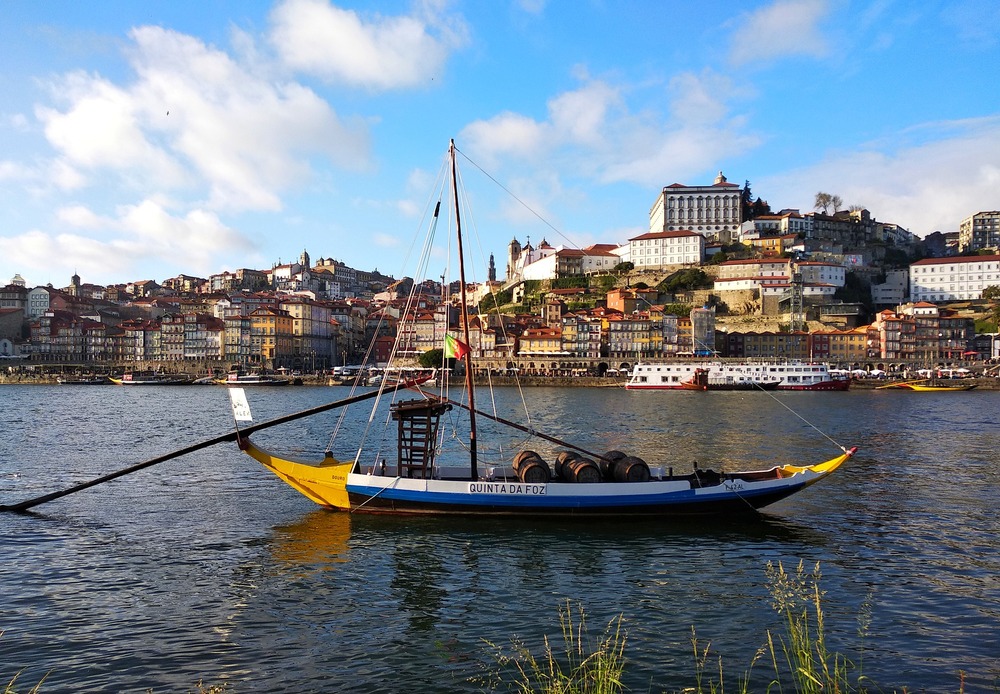
Additional Documents:
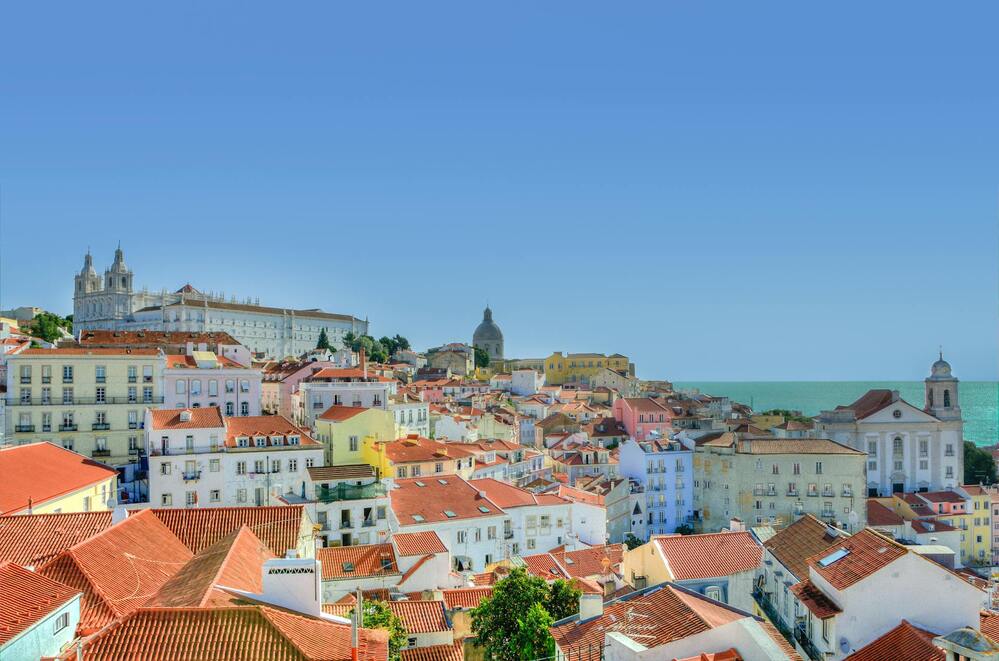
- Tax Returns or Proof of Income: Documentation proving the sources and consistency of your income, such as tax returns or bank statements, may be required to demonstrate the financial stability necessary for the D7 Visa.
- No Outstanding Debts: Proof of no outstanding debts or financial obligations (e.g., from your home country) may be requested.
Important Considerations:
- Income Level Adjustments: The income threshold required for the D7 Visa may increase annually, based on changes to the Portuguese minimum wage or other economic factors. Always ensure that your income exceeds the latest criteria before applying.
- Local Residency Requirement: While the D7 Visa allows you to live in Portugal, applicants must spend a minimum of 183 days per year in Portugal to maintain their residency status. However, the visa allows flexible travel, including within the Schengen Area.
- Dependent Family Members: If you are applying for the D7 Visa with family members, they can also benefit from the visa, provided you meet the income requirements to support them. This includes your spouse, dependent children, and in some cases, dependent parents.
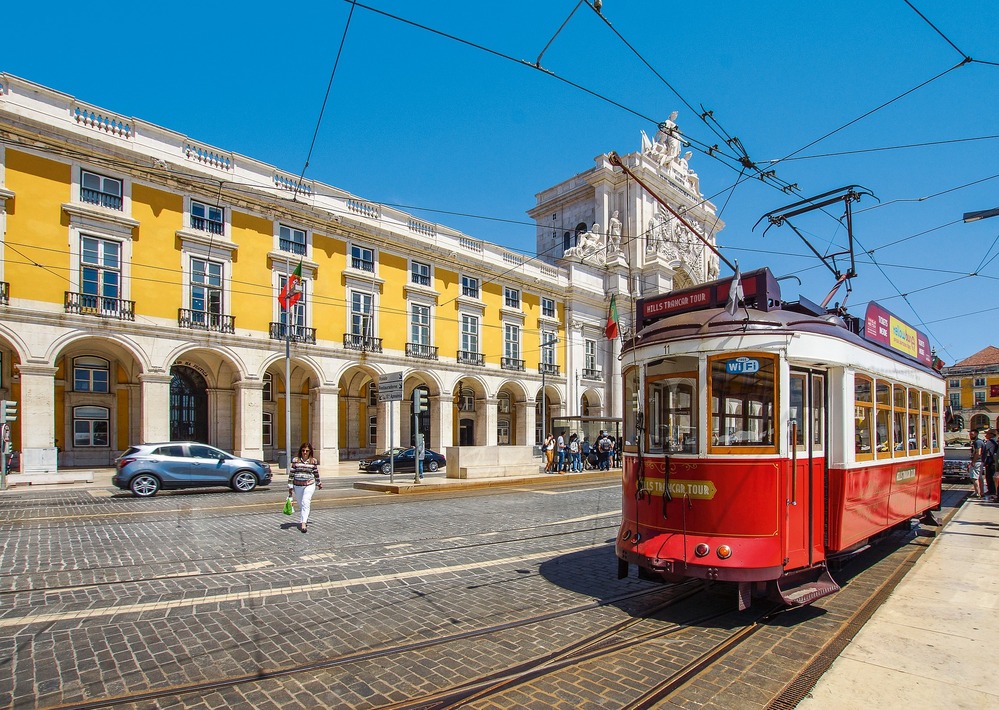
Conclusion:
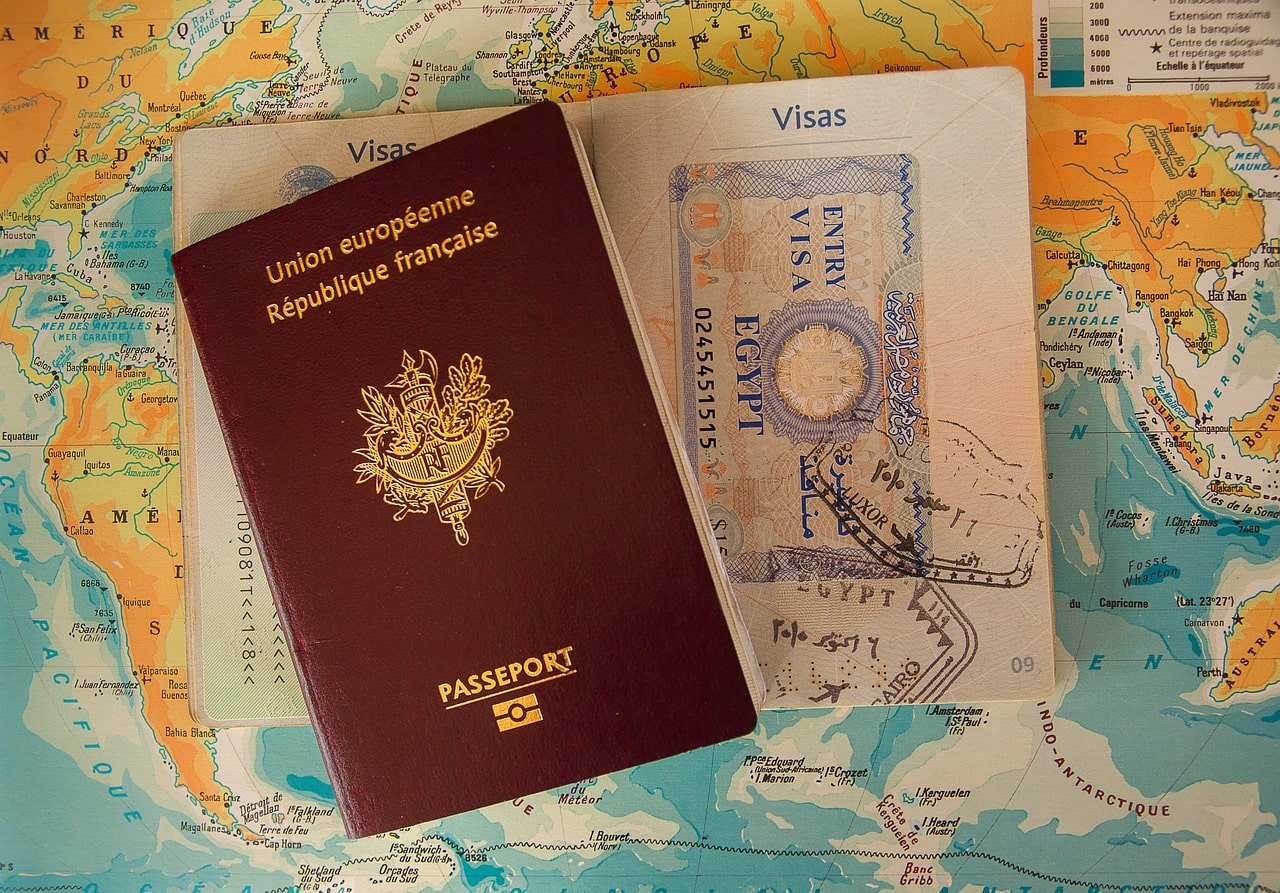
The D7 Visa is an excellent option for retirees, remote workers, and those with passive income who wish to make Portugal their home. Whether you’re looking for a peaceful lifestyle in the sun, attractive tax benefits, or access to world-class healthcare, Portugal offers numerous advantages for foreign residents.
If you are considering applying for the D7 Visa and would like assistance with the process, we at Best Option Consultancy are here to help guide you through each step. Contact us today to learn more about how we can assist you in securing your future in Portugal.


